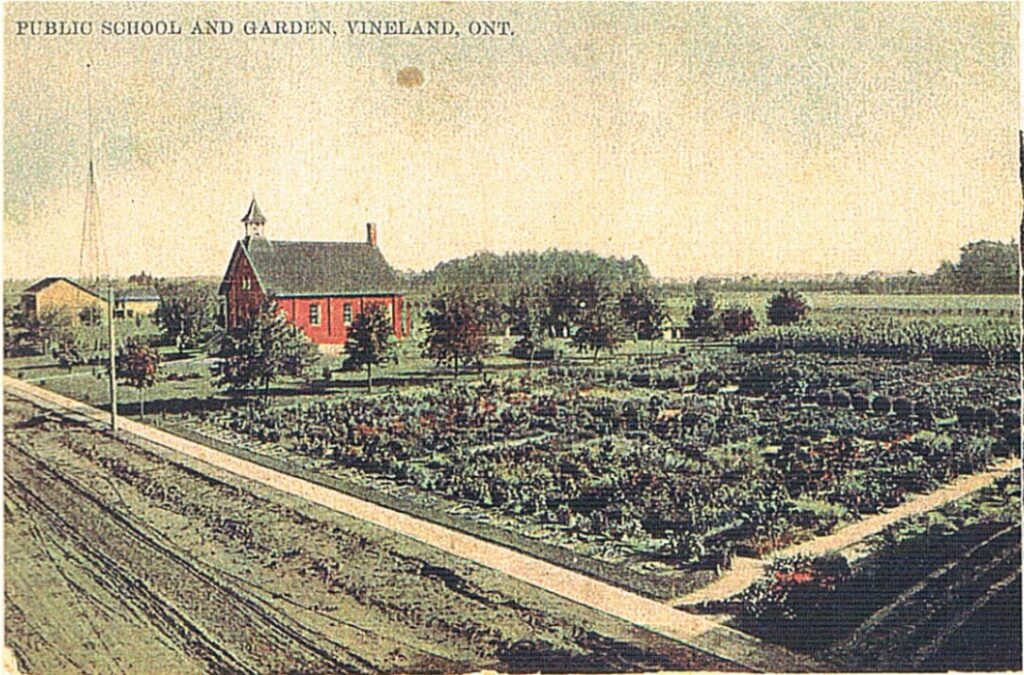WHERE DO YOU COME FROM?
My friend Lynn recently posted these questions triggered by one of her children’s school projects about family history. Are North Americans ever “from” here? How long do your ancestors have to have been from here before you can just say, “my mother’s relatives came from Canada”?
This got me thinking… and I think we self-identify largely by the place of our birth and upbringing. So, like Joe on the old beer commercial: I. am. Canadian.
But where are my people from? What are the cultures that influence my history? Let’s have a quick look at the lineage:
Parents:
- Canada, USA
Grandparents:
- Canada, Canada / USA, Hungary
Great-grandparents:
- Canada, Canada, Canada, Canada
- USA, USA, Hungary, Hungary
Great-great grandparents:
- Germany, Canada, Canada, Canada, Canada, Canada, Canada, Canada
- USA, Germany, Ireland, England, Hungary, Hungary, Hungary, Hungary
If I stop here, I’m back to people who were born in the early 1800s. Even at this point in the ancestry, I’m fifth generation Canadian on my father’s side, with a dollop of German.
Maybe that’s why I identify so strongly as a Canadian, culturally and historically. Also, nothing from my mother’s side overshadows this. Her relatives came from Hungary and the USA for the most part, but my grandfather denied his Hungarian ancestry all his life, so there was no influence there. And although my childhood rang with my parents’ assertion that everything is better in the USA – maybe stemming from my mother’s citizenship and maybe from living in the border town of Niagara Falls – I never did buy into that idea.
I think cultural influences have to be actively “handed down”. You can’t feel an affinity with a country just because it’s on your ancestral chart. You need the food, the songs, the values to be part of your upbringing. Even then, some influences you absorb, and others (like my parents’ feelings about America) you choose not to adopt.
In my case, I feel less of an affinity to culture as defined by countries as I do with some of the values and inclinations of my ancestors themselves. Examples: I feel a stronger allegiance to the pacifist stance of my Mennonite ancestors than to any of my soldier ancestors who fought with distinction on the Plains of Abraham, with Niagara’s famous Butlers Rangers, in the war of 1812, and the two World Wars. And as I’ve asserted proudly before, I’m sure I’ve got dirt in my DNA, imprinted from generations of farmers in Niagara.
So: I say my father’s relatives came from Canada and my mother’s from the USA and Hungary.
And regardless of where my relatives came from, and how long ago they arrived, I. am. Canadian.
How about you?
